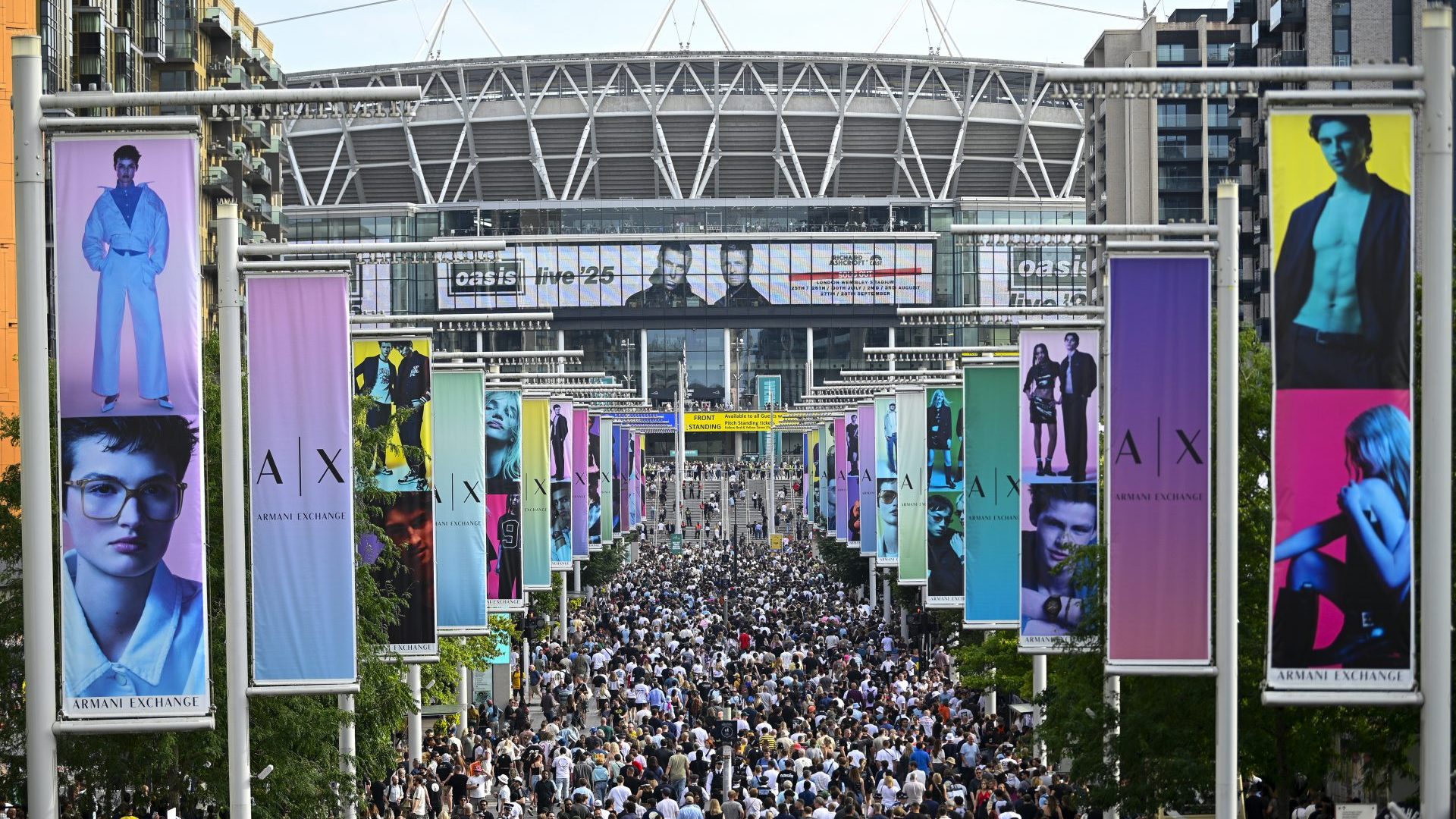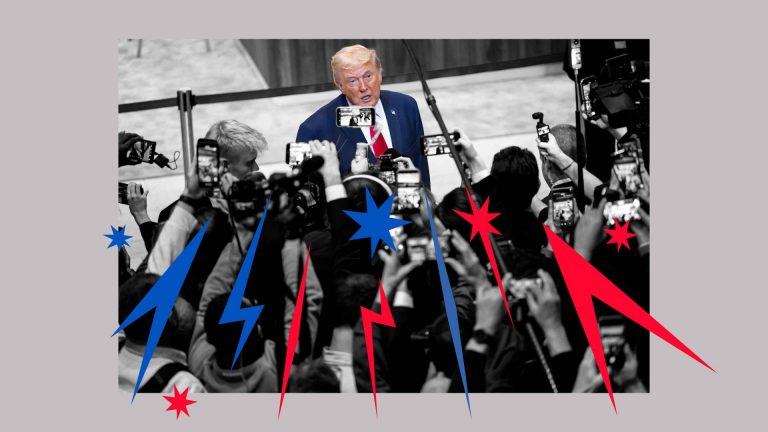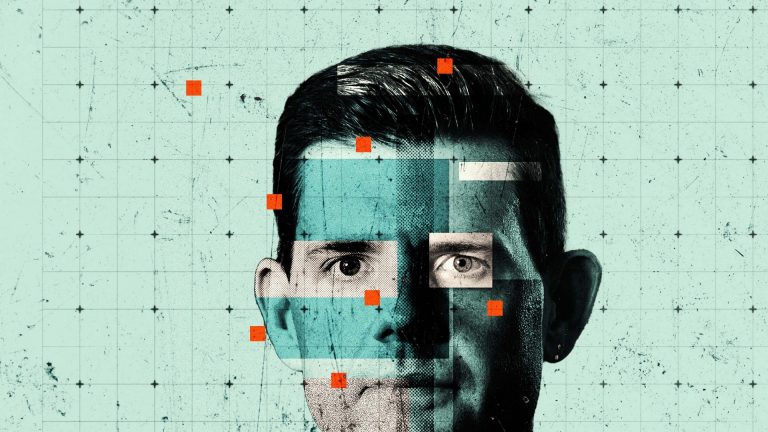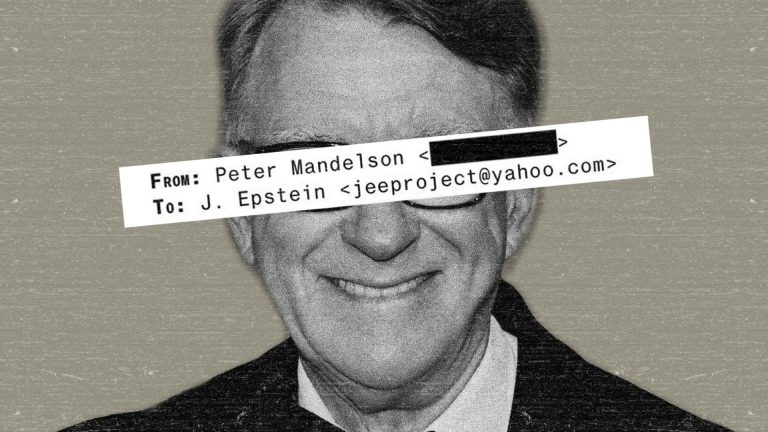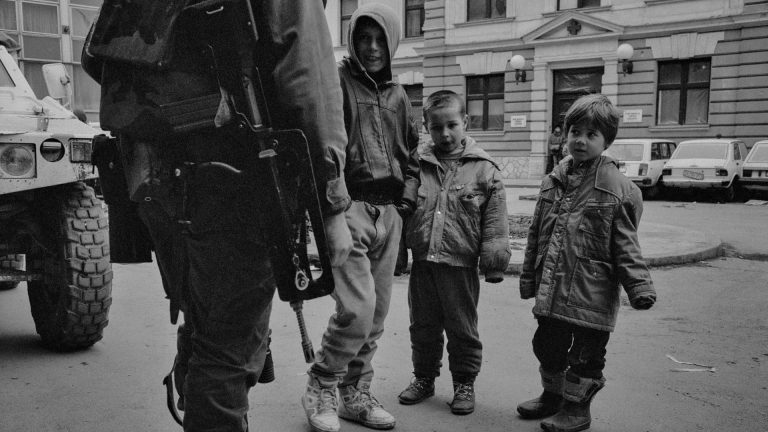“Please don’t put your life in the hands/ Of a rock’n’roll band”: Noel Gallagher’s most poignant line went unheeded first time round, and last night, under a darkening north London sky, went unheeded once more.
The paradox of pop has long been that a genre designed to be ephemeral has produced music that will, to coin a phrase, live forever. From the first chords of Hello, via Morning Glory and Cigarettes & Alcohol, to Don’t Look Back in Anger, Wonderwall and Champagne Supernova, the songs sounded, if anything, stronger and more emotionally charged than they did in the 1990s.
Liberated from their original context, from “Cool Britannia”, from the era of Britpop, from what John Harris has called in his terrific book of the same name “the last party”, those songs now stand on their own merits: and they stand tall and proud. With the passing of time, Slide Away, Cast No Shadow and Talk Tonight have grown in meaning and impact.
And – crucially – Liam and Noel Gallagher love them as much as we do. In two hours of pure sonic energy, shaking the ground beneath 80,000 people at Wembley, it never once felt as though they were dialling it in. They have not become their own tribute band. “Had enough yet?” Liam kept asking: the answer, roared back, already implicit in the question.
It is 20 years since I last saw Oasis live, at the now-demolished Astoria in Charing Cross Road, London. My younger son, Ted, was two back then. But last night, towering over me, he was by my side at Wembley, as were TNW founder and editor-in-chief Matt Kelly and his wife Nadia. For the best experiences, you need the best company.
And last night I remembered my best friend Pete calling me (on a landline) in August 1994 to urge me to buy Definitely Maybe on the day it came out. I did just that, and played it, and played it again, and realised at once that here was an album that would sit quite happily in my collection alongside, say, The White Album, The Velvet Underground & Nico, Heroes, Raw Power, Never Mind the Bollocks and Unknown Pleasures. Pete is no longer with us, but he would have loved last night.
Oasis were always divisive: that was part of the point. Remember the “Battle of the Bands” in 1995 when they put out a single in the same week as Blur? Back then, I was a writer of unsigned editorials at The Times and the contest was a hot topic in the newsroom (I have a horrible feeling we came down on the wrong side). Anyway, it was better than a brat summer.
So when the reunion tour was announced last year, and the arguments began, right on cue, I felt a counter-intuitive twinge of optimism. Yes, it is true that Noel is now 58 and Liam is 52; but, then again, Picasso was still painting when he was 91. And yes, their songs borrow brazenly from the Beatles and the Pistols. But rock’n’ roll has always been organised larceny, since the Mississippi-born Elvis lifted the blues and Black gospel music and repurposed it for The Ed Sullivan Show. The theft is the art.
We all live in a memory palace, with rooms full of joy, trauma, delight, pain, and everything else. It is a delusion of hypermodernity, and our culture of digital attention deficit, that we start each hour afresh, thirsting for dopamine hits, and that the past is exclusively something for which we must apologise. Some of the rooms in that palace are full of treasure.
Suggested Reading

Oasis: The trauma and the glory
The question is what you do with all those gems and riches when the door opens. Oasis were the last great analogue band, releasing their first album seven years before the first iPod. By the time widely available broadband, smartphones and social media came along, the band’s imperial phase was over and the world was splintering into a trillion furious pieces.
It is odd, too, to remember two working class lads from Manchester tearing it up on stage before the toxicity of the “manosphere” was all around us. Indeed, class was always such an important part of their songs: “I live my life in the city/ There’s no easy way out”; “I’m free to be whatever I/ Whatever I choose and I’ll sing the blues if I want”; “Is it worth the aggravation/ To find yourself a job when there’s nothing worth working for?”
And then that whole question was eclipsed in the terrible Age of Blandness and Richard Curtis movies in which everybody in Britain lived in Notting Hill, there was allegedly no racism and sexism, and Hugh Grant was prime minister. Then, even worse, came the twin-track Age of Conformity and Hate, in which the culture divided into strict code-makers telling us what to think and say (and, more importantly, what not to say) and demented polarisers giving us online scripts for tribal loathing.
Which is to say that Oasis have come back when we need them most. Don’t panic: they haven’t turned into the New Seekers. Liam still delivers the best snark and was especially furious last night that his jumbo cord bucket hat had been described as a “velvet beanie”. Talk about lèse-majesté.
Nostalgia can be embarrassing. It can also be dangerous (Make Oasis Great Again?). But – the whole point, I think – this absolutely wasn’t nostalgia. Of course, for those of us old enough to remember the band’s original conquest of the world, the memories came flooding back. But the songs the band played last night are no longer chart-toppers from 30 years ago; they are part of national (and international) folklore, the scribblings of a questing heart from the council estates of a northern city that have become global anthems about the core human emotions.
They are songs of innocence and experience. And that very rarely happens. Among my many thoughts on the way home was how brilliant a lyricist Noel is, and how under-rated that talent was when they were first on magazine covers (“Here’s a thought for every man/ Who tries to understand what is in his hands/ He walks along the open road of love and life/ Surviving if he can”).
In an age of atomisation, the grand communal experience is especially precious: and this was certainly that. What will they do next? More to the point, what will we do next? I thought of the poet Paul Monette’s line: “Go without hate, but not without rage. Heal the world”. The boys from Burnage probably wouldn’t put it quite like that. But that was the message nonetheless.
So, of course: we all put our lives back in their hands. What did they expect? I’m old enough to know that none of us lives forever. But – as the final fireworks illuminated the heavens above the stage – it seemed entirely possible that the best things in life will do just that.


